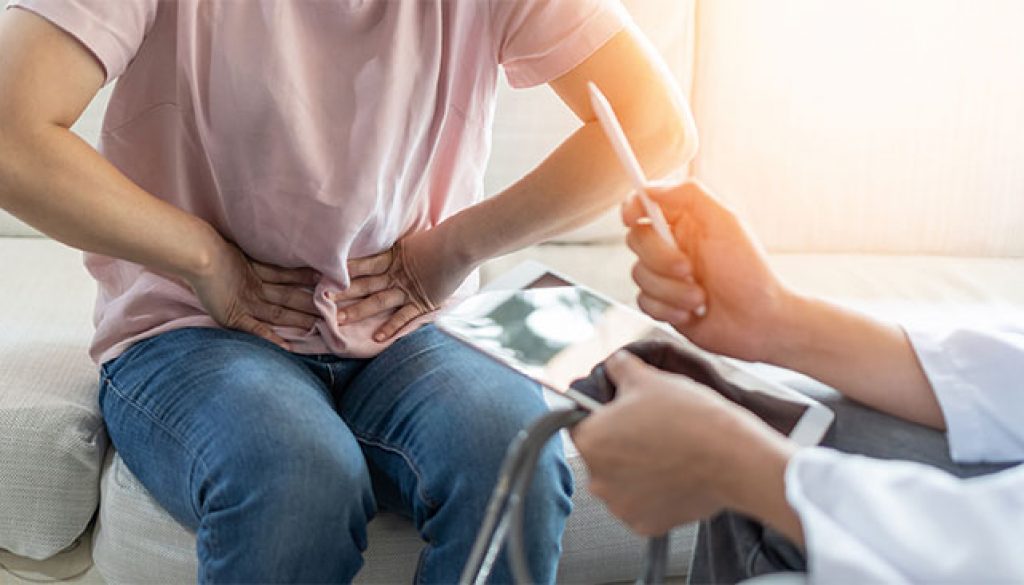The Most Effective Laparoscopic Hernia Treatment for Long-Term Results
Get the most effective, painless, minimally-invasive surgical treatment for hernia in a daycare procedure

Get the most effective, painless, minimally-invasive surgical treatment for hernia in a daycare procedure


A hernia is a condition in which an organ in the abdomen displaces due to the weakening of the muscles that surround it. Hernias can be caused by a variety of factors. Tobacco use, smoking, poor diet, persistent constipation, and so on are some of them. A hernia can happen anywhere in the body, including the abdomen, upper thighs, belly button, and groynes. Although rare, a hernia can develop in a newborn due to muscle weakness during birth, but it usually happens later in life.










A physical examination by a hernia doctor will diagnose a hernia. A bulge in the area where the hernia is present will make the diagnosis of a hernia more easier. A patient may be requested to stand, stretch, or cough in order to obtain an appropriate diagnosis. In addition, if the bulge isn't visible, imaging tests such as an MRI, CT scan, or abdominal ultrasound may be required.
Laparoscopic hernia repair is used at LFG Cares in India to treat hernias since it offers a faster recovery period. A laparoscope, a medical gadget with an inbuilt camera, is inserted through a small incision in the abdomen during a modern daycare surgical operation. With the camera, surgeons may observe the inside tissues once the incision is made. A 3D Mesh can be used by the surgeon to improve the weak muscle. The most effective hernia repair procedures are painless and conducted while the patient is sedated. After a laparoscopic hernia surgery, a patient can go home the same day and recover fully in less than a week.

Testimonials
Paul Molive
Codetic
I have been using this surgery for many years and always feel confident with the service. Recently I have suffered with some minor mental health problems which means I am not comfortable in confined spaces. The dentist was able to treat me and totally understood my concerns. Would recommend to nervous patients
Anna Mull
August 06, 2020
I always make my appointment at the same time as bringing my children. We are always seen on time and the dentists and reception staff are always friendly and accommodating.
Anna Mull
August 06, 2020
I always make my appointment at the same time as bringing my children. We are always seen on time and the dentists and reception staff are always friendly and accommodating.
If you notice a bulge or swelling near your stomach, abdomen or groin, you may have a hernia. You should immediately consult a doctor and get diagnosed.
If your hernia pains, or if it seems to be continuously growing, the doctor may suggest surgery. Most of the hernia surgeries are done on an outpatient basis. The doctor will make an incision and then he'll either put the tissue back in position or remove it.
Contact us
Call us to this number for immediate support
+91 7040505704

LFG Cares operates in several cities including Mumbai, Pune, Nagpur, Nashik, Aurangabad, Amravati, Solapur, Kolhapur, Navi Mumbai, Thane, Akola, Latur, Jalgaon, Sangli, Ahmednagar, Satara, Beed, Dhule, Ratnagiri, Alibag, Alandi, and many more…
Surgeries
Contact us